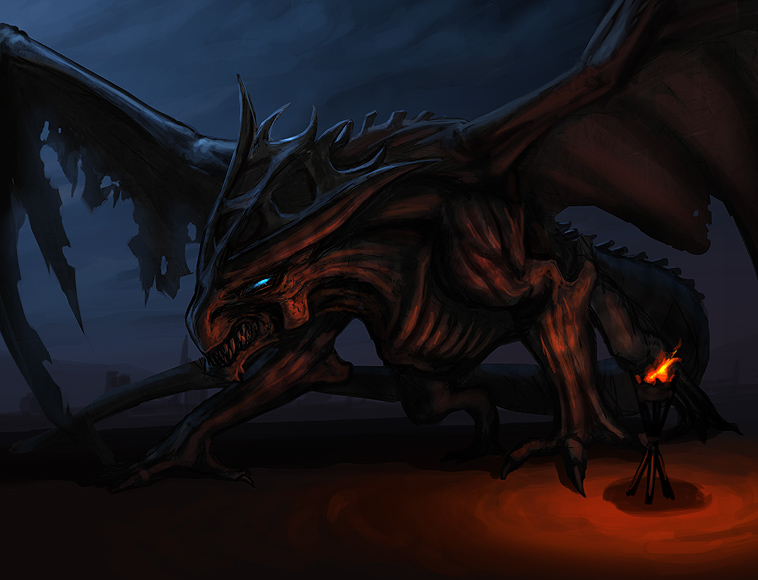

Side by side with this almost unconscious education in Botany the ordinary curriculum of school and of college was pursued. Such knowledge comes only from growing up with them from earliest childhood. Few ever have known, or ever will know, plants as he did. A knowledge of plants would be acquired as a natural consequence of the surroundings, and without the effort entailed by study in later years. The eye and the memory must have been trained almost unconsciously. Between the garden and the house the boy must have witnessed constantly, during the most receptive years of childhood, the working of an establishment that was at the time without its equal in this country, or probably in any other. under examination, often as living specimens. It was there that the drawings were made to illustrate that amazing stream of descriptive works which Sir William was then producing. It housed a rapidly growing herbarium and museum. His father's home was the scene of manifold activities. He grew up in an atmosphere surcharged with the very science he was to do so much to advance. Doubtless his little son was familiar with it and its contents from childhood. The Professor established himself in Woodside Crescent, conveniently near to the Botanic Garden, then but recently established, but developing under his hands with wonderful rapidity. His father, Sir William Hooker, brought him to Glasgow as a child of four years of age, when he entered on his duties as Professor of Botany in 1821. Sir Joseph Hooker was born at Halesworth, in Suffolk, in 1817. The list of his published works extends from 1837 to 1911, a record hardly to be equalled in any walk of intellectual life. He even continued his detailed observations till very shortly before his death in December, 1911. Naturally with age the bodily strength waned, but the vivid mind remained unimpaired to the end. It is a difficult task to condense within suitable limits an appreciation of so long and strenuous a life as that of Sir Joseph Hooker. On the return of the expedition in 1843 Hooker at once commenced the publication of the botanical results.His long life-childhood and education-travels-Geological work-Morphological Memoirs-administrative duties-systematic works-relations with Darwin-acceptance of Mutability of Species-his philosophical Essays-their influence in advancing Evolutionary Belief. Besides magnetic survey the collection of 'various objects of natural history' was 'enjoined to the officers.' There were three breaks in the voyage during southern winters, in Tasmania, New Zealand, and the Falklands, and these afforded Hooker ample opportunity for collecting. The Erebus sailed from Chatham on 29 Sept. They impressed him 'despairingly with the variety of acquirements, mental and physical, required in a naturalist who should follow in Darwin's footsteps.' He was casually introduced to Darwin in Trafalgar Square, and Lyell sent him a published copy of the 'Journal' on the eve of his departure. Lent Hooker the proof-sheets of Darwin's 'Journal.' He was hurrying on with his studies and slept with them under his pillow to read at daybreak. Charles Lyell of Kinnordy, father of Sir Charles Lyell, had Thus Hooker, like Darwin and Huxley, 'began his scientific career on board one of Her Majesty's ships.' The filiation of Hooker's life-work to that of Darwin had an accidental origin. if ho qualified in time, nominally as assistant surgeon, but actually as naturalist, on his own ship, the Erebus, on the Antarctic expedition. This was first gratified when 8ir James Clark Ross, a friend of his father, offered to take him.

Hooker imbibed from his father a passion for botanical research, and from his youth was inspired with a keen desire to indulge it by foreign travel.


 0 kommentar(er)
0 kommentar(er)
